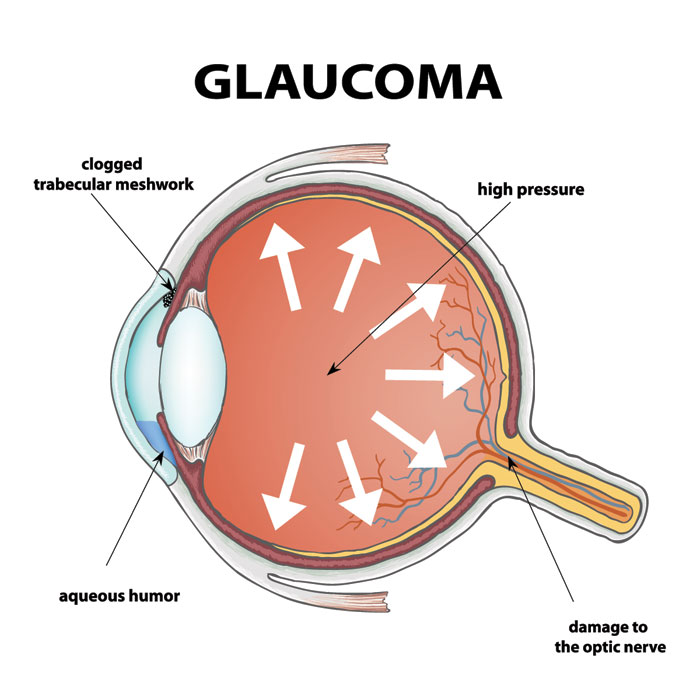Managing Glaucoma: The Impact of Lifestyle Changes
Significance of Lifestyle Changes in Glaucoma Management
Lifestyle choices can significantly influence overall health and may also help in managing glaucoma progression. While medical treatments remain the cornerstone of care, incorporating healthy habits can provide additional support for eye health. A nutrient-rich diet, consistent physical activity, and effective stress management techniques are simple but powerful steps that can complement glaucoma treatment.
Key Lifestyle Changes That Support Glaucoma Management
Dietary Adjustments for Eye Health
A well-balanced diet rich in antioxidants and essential nutrients helps protect the optic nerve and maintain healthy vision. Focus on:
- Dark, leafy greens such as spinach and kale for vitamins A and C
- Berries and citrus fruits for antioxidants
- Fatty fish like salmon for Omega-3 fatty acids
- Nuts and seeds for Vitamin E and healthy fats
These nutrients are linked to reducing oxidative stress, which can play a role in eye damage.
Exercise and Glaucoma: The Connection
Regular physical activity has been shown to help lower intraocular pressure (IOP), a critical factor in glaucoma management. Activities like brisk walking, swimming, and low-impact yoga can promote better blood circulation and eye health. Avoid positions that increase eye pressure, such as certain inverted yoga poses, and consult your eye doctor before starting any new workout plan.
Stress Management Through Mindfulness
Chronic stress can negatively affect overall health and may indirectly impact eye pressure. Mindfulness techniques such as meditation, deep breathing, and relaxation exercises can help reduce stress levels. While research directly linking stress and glaucoma is limited, maintaining mental well-being is an essential component of overall health.
The Science Behind These Changes
Studies suggest that essential nutrients like Omega-3, zinc, and vitamins C and E support ocular health. Moderate, safe exercise can lower IOP, reducing the risk of optic nerve damage. Stress-reducing practices contribute to hormonal balance, which may indirectly benefit eye health.
Expert Recommendations
Eye care professionals emphasize that lifestyle changes should complement—not replace—medical treatments. Organizations like the American Academy of Ophthalmology highlight the role of regular exercise and a healthy diet in maintaining eye health and managing glaucoma progression.
Practical Tips to Start Today
- Begin with small, sustainable dietary improvements—add more vegetables and Omega-3 sources to meals.
- Schedule 30 minutes of moderate exercise most days of the week.
- Dedicate a few minutes daily to mindfulness or relaxation techniques.
Always consult your eye specialist before making significant lifestyle changes, especially if you have existing medical conditions.
Conclusion
Managing glaucoma requires a proactive and comprehensive approach. Alongside regular checkups and prescribed treatments, adopting healthy lifestyle habits can play a vital role in slowing disease progression and preserving vision. Consistency is key—every positive change you make contributes to long-term eye health.




